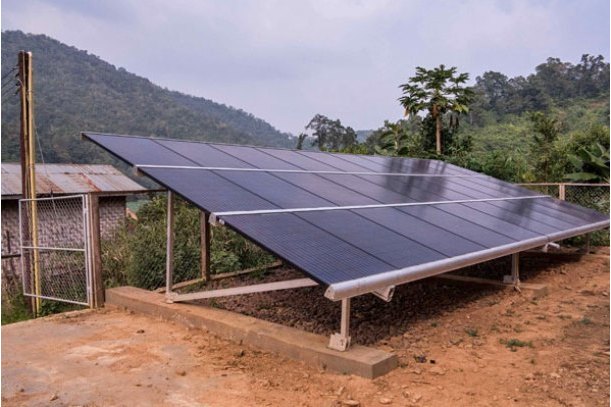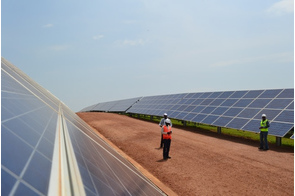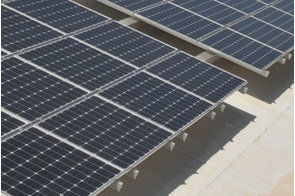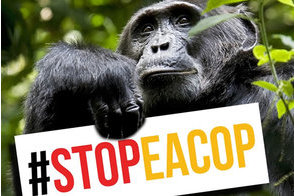IEC launches regional centre to increase electricity access in Africa

Summary
A reliable electricity supply in Africa will improve basic service such as healthcare.
The International Electrotechnical Commission (IEC), the global platform for companies, industries and governments to meet and develop International Standards for the energy value chain, has opened its Africa Regional Centre (IEC-AFRC). The step will help expand Africa’s access to electric power, safer electric and electronic products.
The official opening ceremony took place today in Nairobi, Kenya. In attendance at the event were the IEC Vice President, IEC General Secretary, Kenyan government officials, and industry experts, including IEC Members and Affiliate Countries. The IEC has a network of 166 countries that account for 96% of world energy generation. It also publishes globally relevant International Standards for the whole energy chain.
“Today, only 24% of the population of sub-Saharan countries have reliable access to electric energy. The IEC together with its Regional Centre for Africa is there to provide the technical foundation and support all African countries in building universal access to sustainable electric power faster,” Frans Vreeswijk, IEC General Secretary & CEO, said. “IEC work directly underpins SDG 7, which aims to close the energy gap and to ensure access to affordable, sustainable, reliable and modern energy services for all. Energy is the key to the economic development of all countries in Africa.”
In September, the United Nations adopted an expansive set of Sustainable Development Goals (SDGs) that aim to “end poverty in all its forms” by 2030. The United Nations has recognized Energy as the cornerstone. Akinwumi Adesina, President of the African Development Bank, said, “No other SDG is more important for Africa.”
A reliable electricity supply in Africa will improve basic services such as healthcare and increase access to clean drinking water, safer food, computing or mobile charging. With this, companies will be able to produce better products and individuals will have greater income potential.
The IEC Africa Regional Centre will provide training and mentoring to assist countries in the region in the adoption and use of IEC International Standards and Conformity Assessment Systems. Millions of devices that contain electronics, and use or produce electricity, rely on IEC International Standards to work efficiently and safely together.
New electric, electronic and Renewable Energy technologies, including mini- and Microgrids, a way of powering remote or rural communities using small clusters of loads and generators linked together, are contributed by the IEC global platform of thousands of experts from around the world. Some examples of IEC’s work include Renewable Energy generation from wind, ocean and solar power both for off-grid and on-grid use.
Related
-
Declining capital costs lower value of investments in solar - Bloomberg
Solar commitments declined 24% in dollar terms even though there was record new photovoltaic capacity added, breaking 100GW ...
-
Renewable energy will power future growth of cities – IRENA
The proliferation of renewable energy is a means to achieve a sustainable urban future and common prosperity.
-
StanChart opts out of financing for controversial $5b Ugandan oil pipeline
The project, which still needs a $2-3 billion project finance loan in order to proceed, has lost the backing of nine out of ...










